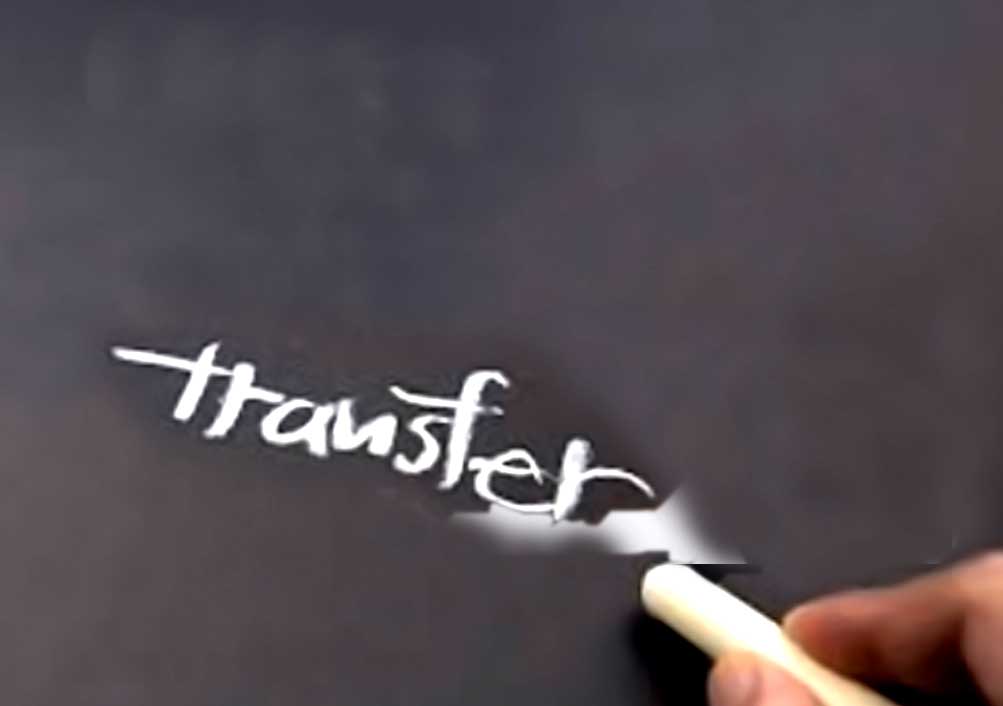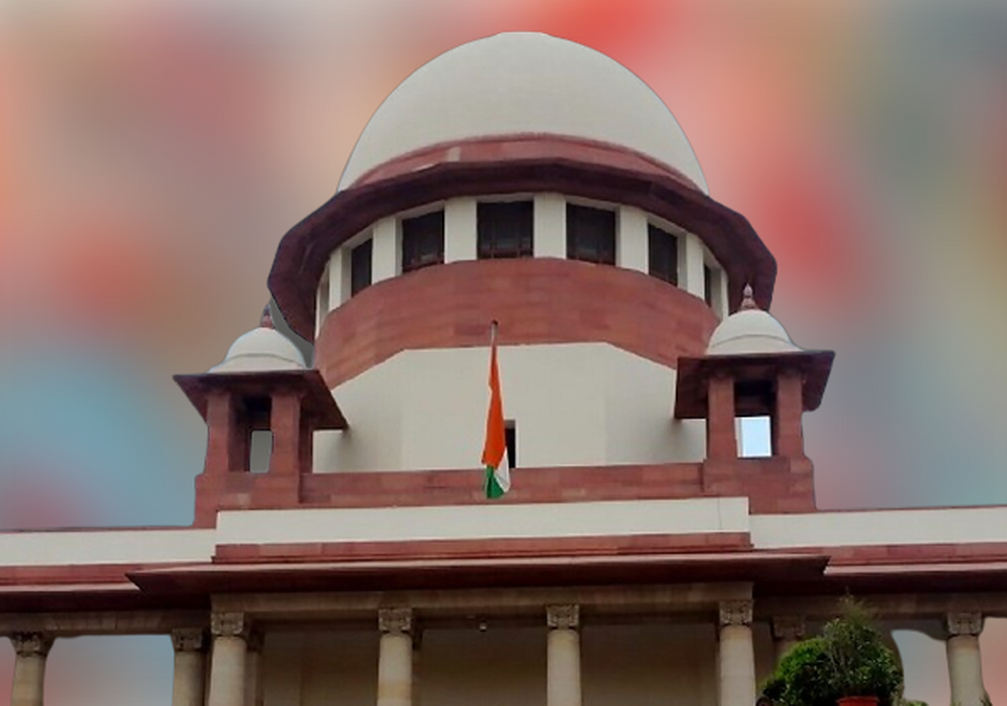Transfer of workmen in violation of Section 9A r/w Fourth Schedule of Industrial Disputes Act, is illegal: SC

Read Judgment: Caparo Engineering India Ltd. & Others vs. Ummed Singh Lodhi & Anr
Pankaj Bajpai
New Delhi, November 8, 2021: The Supreme Court has recently opined that employees who are ‘workmen’ as per the definition of Section 2(s) of the Industrial Disputes Act, 1947, are entitled to the protection under the provisions of the Industrial Disputes Act.
A Division Bench of Justice M.R. Shah & Justice A.S. Bopanna, therefore, confirmed the view taken by the Labour Court as well as the High Court holding that the order of transfer of respective workmen from the place they were working at the fag end of their career without considering the consequences, was illegal, mala fide and in violation of Section 9A r/w Fourth Schedule of the Industrial Disputes Act.
The observation came pursuant to appeals preferred by Caparo Engineering India (Appellant – employer) challenging the judgment passed by Madhya Pradesh High Court (Indore Bench), whereby the award passed by the Labour Court, Dewas by declaring the order of transfer of Ummed Singh & Anr (Respondent – employees) as illegal and void, stood confirmed.
After considering the arguments of the parties, the Top Court noted that there are concurrent findings of fact recorded by the Labour Court as well as Single Judge of the High Court that the order of transferring the respective workman from Dewas to Chopanki was arbitrary, mala fide, and amounted to victimization, unfair labour practice and in violation of Section 9A of the Industrial Disputes Act.
The Top Court further found from the evidence on record that the respondents were employed at Dewas and working at Dewas for more than 25 to 30 years and that all of them came to be transferred suddenly from Dewas to Chopanki, which is at a distance of 900 Kms. from Dewas.
The Court also found that the respondents came to be transferred at the fag end of their service career to a place where there were no educational and medical facilities, neither any means of transport.
“It also emerges from the evidence on record that at Dewas all of them were ‘workmen’ as defined in Section 2(s) of the Industrial Disputes Act and, therefore, would have a protection under the provisions of the Industrial Disputes Act and after their transfer to Chopanki, they will have to work in the capacity of supervisor and, therefore would be deprived of the beneficial provisions of the Industrial Disputes Act. Therefore, on such transfer from Dewas to Chopanki, the nature of service conditions and the nature of work would be changed, therefore, in such a case Section 9A read with Fourth Schedule would be attracted”, observed the Top Court.
Observing that the appellant had failed to justify the transfer of nine employees from Dewas to Chopanki, the Apex Court said that the submission on behalf of the appellant that the respective workmen – employees were not ‘workmen’ and, therefore, the reference to the Labour Court was not maintainable, had no substance at all, as dispute that the concerned employee was a ‘workman’ or not was not even referred to the Labour Court.
Therefore, speaking for the Bench, Justice Shah directed the Appellant to comply with the award passed by the Labour Court and give entitlement to all the concerned workmen to the consequential benefits, as if they were not transferred from Dewas and continued to work at Dewas and whatever benefits, which may be available to them.
Sign up for our weekly newsletter to stay up to date on our product, events featured blog, special offer and all of the exciting things that take place here at Legitquest.




Add a Comment